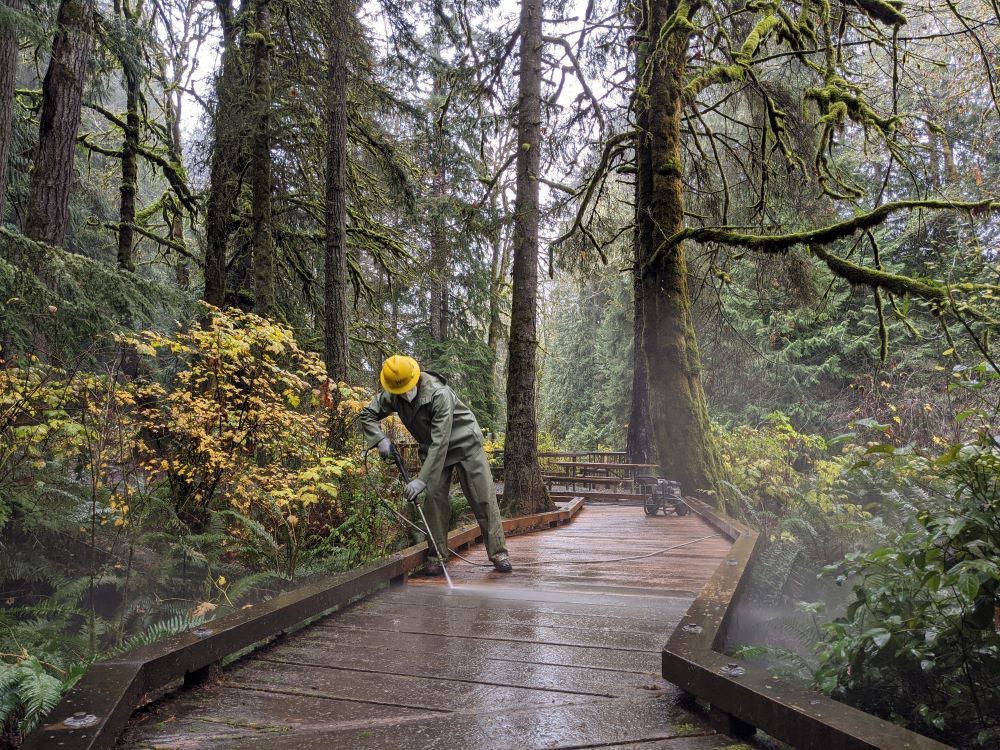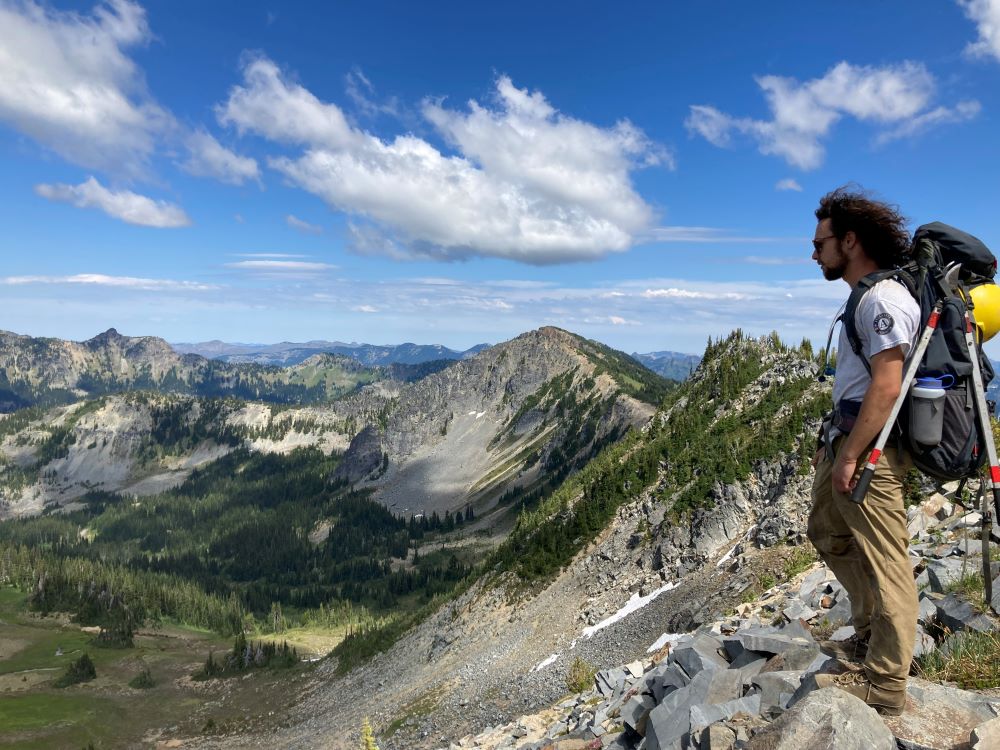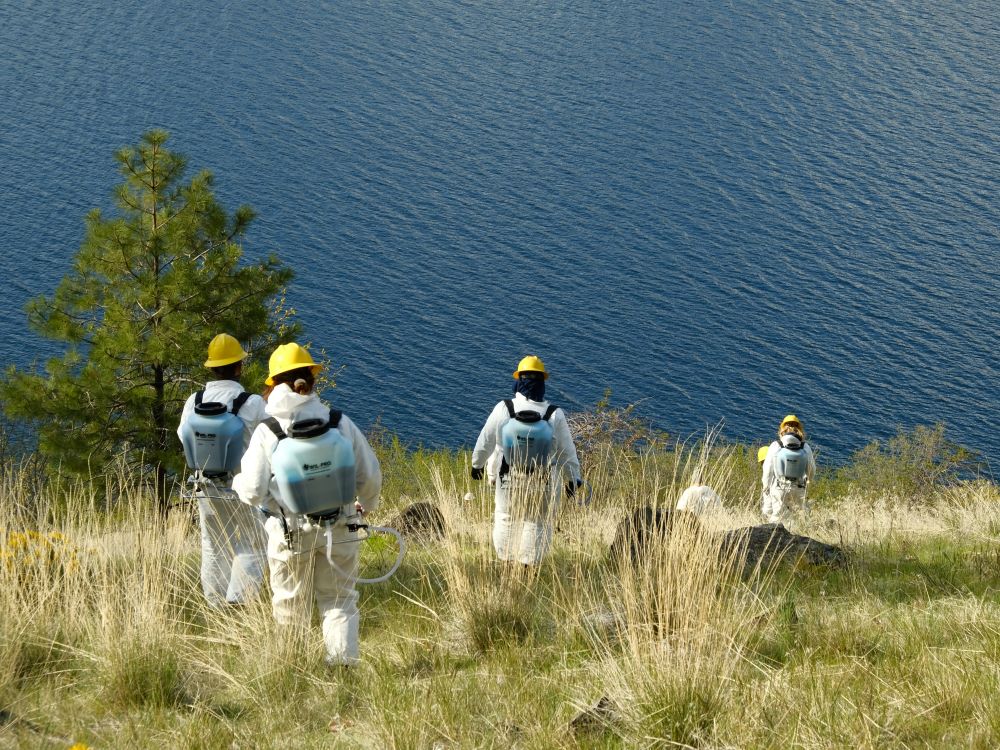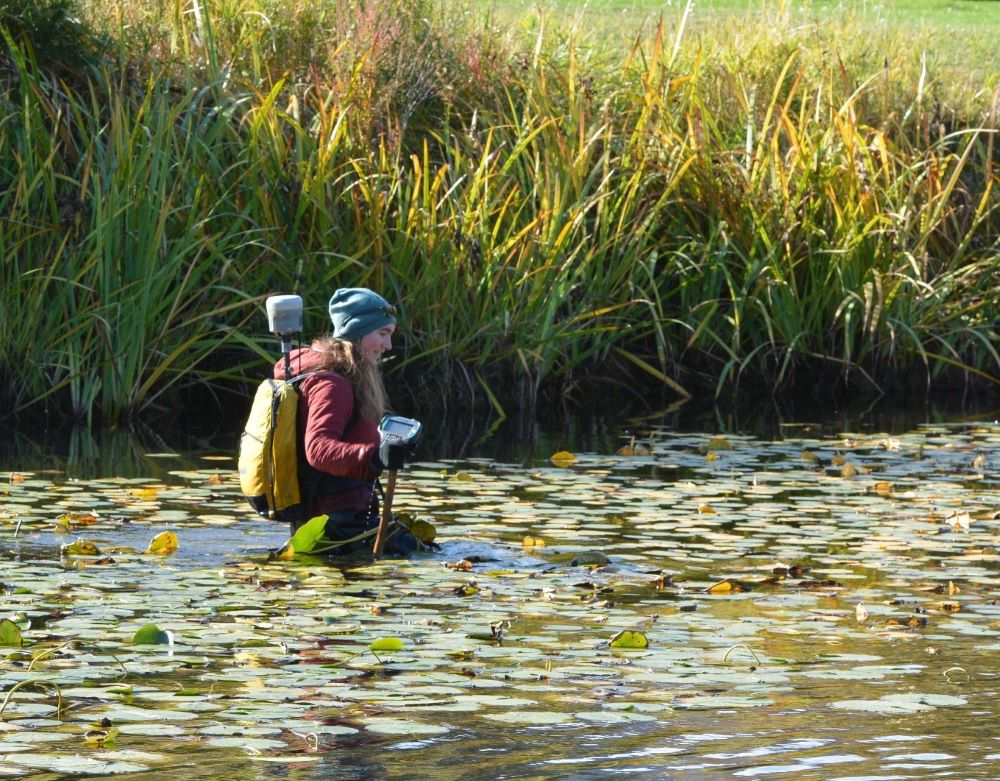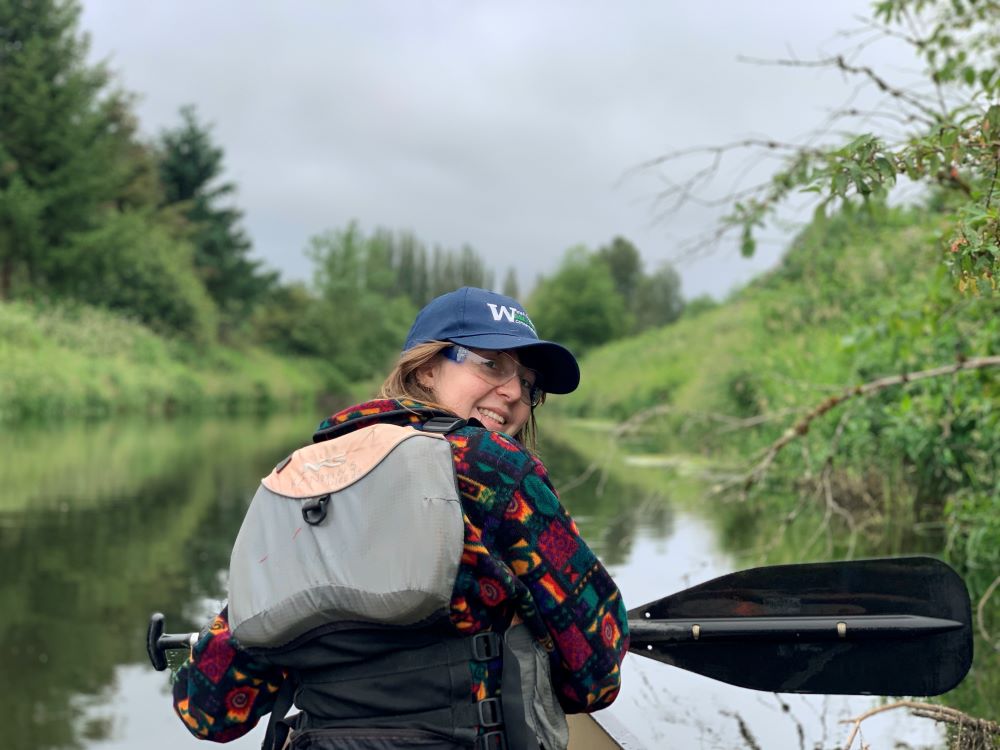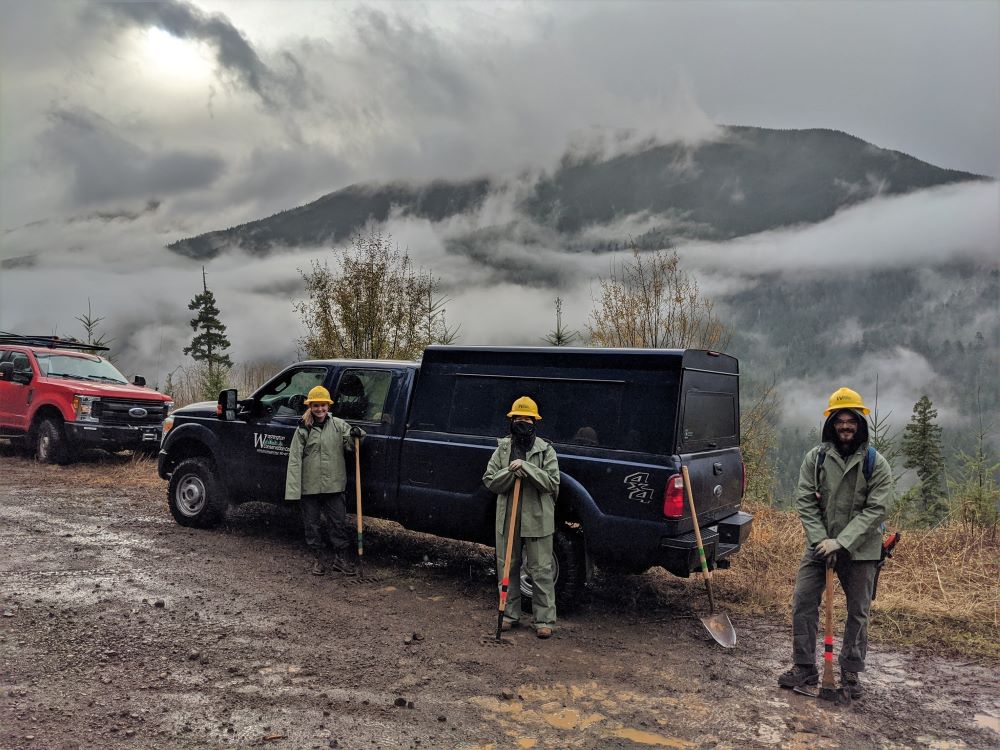To join WCC, you must be:
- 18-25 years old on the first day of service. Exceptions may be made for those who have served or are serving in the U.S. military or those with a sensory or mental disability.
- A U.S. Citizen, U.S. National, or Lawful Permanent U.S. Resident. Successful applicants will be asked to undergo criminal history checks prior to beginning service.
- Able to commit to a 40-hour service week and a designated service term.
- Able to provide your own living arrangements and transportation to your designated meet-up location.
- Crew members report to a designated meet-up location and travel to project sites together in a WCC truck.
- Individual Placement members generally report to their designated host site location.
Per legislative mandate, priority is given to Washington residents. Out-of-state candidates are considered after in-state candidate pools have been exhausted. WCC service is limited to a maximum of two years.
Our service year runs from October to early September. During each service year, WCC offers three different term lengths for members:
- Full term: Members start in October and finish in early September. Applications open in late July.
- Three-quarter term: Members start in January and finish in early September. Applications open in November.
- Quarter term: Members start in July and finish in early September. Applications open in April.
Once an application period opens, supervisors conduct interviews on a rolling basis until all positions are filled. We recommend submitting your application early to ensure consideration.
Join our email list to be notified when our application periods open.
WCC supports a variety of field crew and Individual Placement positions.
- Restoration crews support habitat restoration and enhancement projects such as planting trees and shrubs, removing invasive species, and monitoring and maintaining restoration sites.
- Trail crews support recreation enhancements such as building and maintaining trails, public camping infrastructure, bridges, boardwalks, and more.
- Spike crews travel around Washington state to complete restoration- and recreation-focused projects. Food and lodging are provided for members while in travel status.
- Individual Placements serve individually with a partner organization, assisting biologists, foresters, environmental educators, and others.
During the 2025-2026 service term, WCC members receive:
- A living allowance of $1,455* issued twice a month ($2,910 per month, before taxes). *Positions in King, Snohomish, and Clark counties receive a location-based elevated living allowance of $1,582 issued twice a month ($3,164 per month, before taxes).
- Educational benefits, including:
- AmeriCorps Education Award (scholarship) upon successful completion of the term. Our scholarship amounts are:
- Full term (1,700 hours): $7,395
- Three-quarter term (1,200 hours): $5,176.50
- Quarter term (450 hours): $1,956.35
- Forbearance on qualified student loans. Upon successful completion of the term, AmeriCorps will pay interest that accrues on qualified student loans that were put into forbearance while serving in WCC.
- Time off: WCC’s attendance policy includes up to 120 hours of personal time off for full term members. Our program calendar observes scheduled state holidays.
- Health insurance: Members are eligible for WCC-offered insurance. WCC pays the monthly insurance premium.
- Mental health services: Mental health services through the Member Assistance Program (MAP).
- Food assistance: Members may qualify for monthly food assistance through the Department of Social and Health Services (DSHS).
- Childcare assistance: Members may qualify for childcare assistance through the AmeriCorps Childcare Program.
- GED reimbursement: GED exam fee reimbursement is available for members who successfully pass the exam during their WCC term.
- Pro deals: Access to professional discounts on outdoor gear.
- Training: All members receive day-to-day training in the field. Full term and three-quarter term members receive two weeks of paid, professionally taught training.
Continued learning is at the heart of our program. In collaboration with our governmental, Tribal, and nonprofit partners, WCC members gain hands-on experience in trail construction, restoration planning, tool use, plant identification, environmental monitoring, and volunteer management while receiving mentorship from our experienced crew supervisors.
In addition to daily skills training, WCC organizes a series of formal training events for members. All WCC training events are paid service hours and WCC provides food and lodging when overnight travel is required. Our in-person training conferences are typically held at Cispus Learning Center in Randle, Wash.
Orientation training conference
In October, WCC members attend a week of orientation training. Our orientation training sets members up for a successful term and offers an opportunity to network with fellow WCC members and staff from around the state.
During orientation, members typically learn about:
- WCC and our program focus areas: environmental stewardship and disaster response
- Safety topics, including risk management, ergonomics, and first aid/CPR certification
- Conservation topics, including salmon 101, Leave No Trace, and environmental justice
Members starting service in January attend a two-day, virtual orientation during their first week.
March and June training conferences
In spring, WCC provides two weeks of career-transferable, professional development training. Members choose from more than a dozen professionally taught courses covering a range of career interests. Most courses lead to professional certification after successful completion.
Course options may include hazardous waste operator (HAZWOPER) certification, swiftwater rescue, wildland firefighting (Red Card) certification, introduction to wetland delineation, ethnobotany, grant writing, wilderness first responder (WFR) certification, wilderness advanced first aid (WAFA) certification, forestry basics, and others.
Noxious weed workshops
Throughout the spring, WCC's team of restoration specialists hosts regional noxious weed workshops for members and staff. These one-day, in-person workshops provide networking opportunities with local professionals in noxious weed management and curriculum on noxious weeds, current management practices, and proper use and storage of herbicide.
Assistant training conference
Members serving as assistant supervisors attend a dedicated week of in-person leadership training in November. Assistant training focuses on leadership topics like deep listening, effective facilitation, team building, and defensive driving.
Additional training opportunities
Depending on position needs, members may earn additional licenses or certifications in pesticide application, boat operation, incident management, and more. WCC’s project partners and our state commission, Serve Washington, may offer training opportunities beyond those listed here.
WCC has four designated disaster response crews, but any member can volunteer for disaster response deployment. Disaster response crews are noted in the crew descriptions on our position map.
Disaster response may include flood and landslide control, tornado and hurricane assistance, wildland fire operations, or volunteer and shelter management. Read about WCC's past deployments in Washington and across the country.


